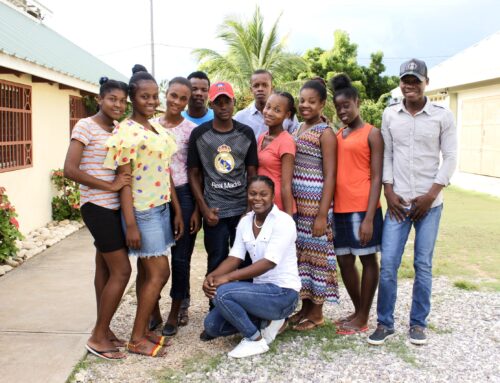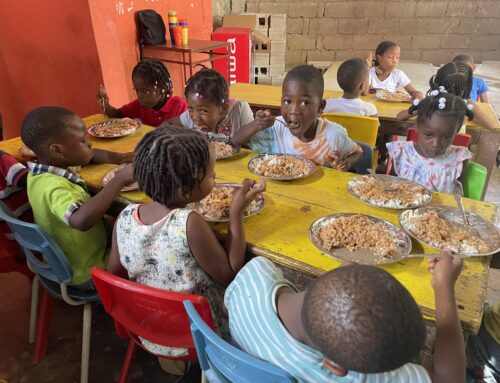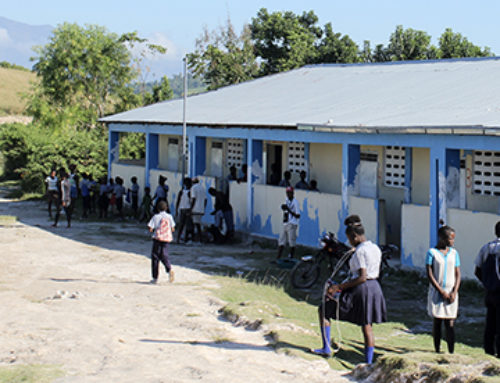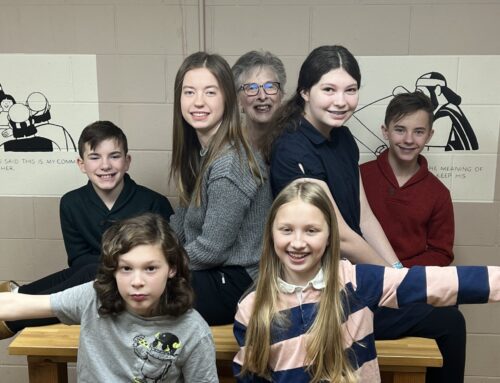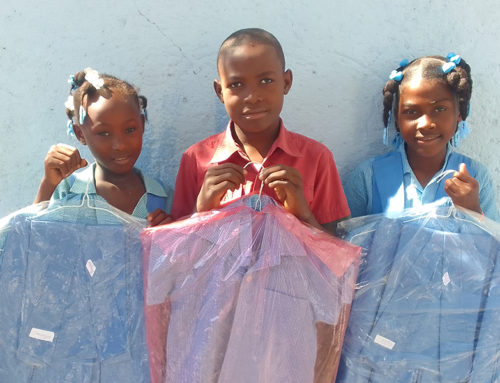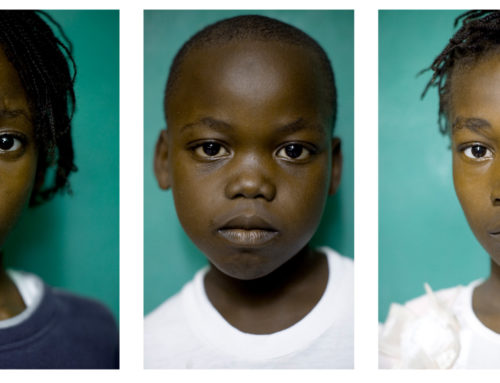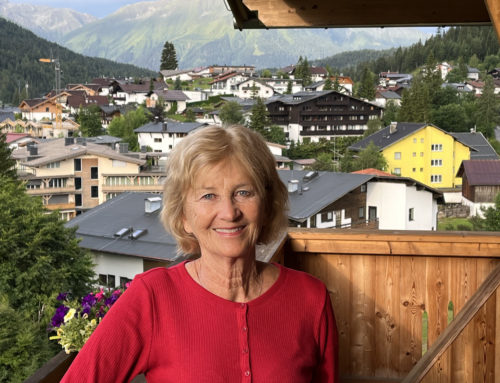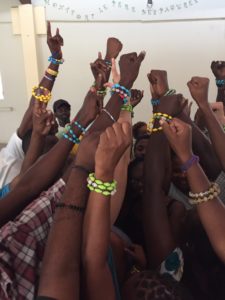
“I was teaching the class,” recounted Kristin Van Wey, Founder of LETS, “and one woman stood up at the end of class and said, “Can I speak?”
“I am a 40-year-old woman and I have six children,” she said. “After learning these things, I am angry, I am frustrated, and I am really grateful.”
She told the other students that this class, about female reproductivity and preventing unplanned pregnancies, was teaching them the most important thing they will ever learn. She said, “You may not know, but this can end poverty- maybe not in all of Haiti, but at least in my family. I’m going home today and teaching my son and my daughter these things.”
The woman that spoke up that day in class, Denicia, eventually joined Van Wey and the staff of LETS to begin teaching men and women in Haiti about fertility, health and wellbeing. The lack of understanding in the country, particularly regarding a woman’s reproductive cycle, has resulted in large families of unplanned children.
“I realized that women often had six or ten or fifteen kids that they just couldn’t feed or take care of, so they were abandoning their children or giving them away,” said Van Wey. “I realized after some time that these women didn’t have jobs or any understanding of their bodies or how to prevent pregnancy. So I developed a five-module course to teach women about fertility and their menstrual cycle, their minds, their spirit (how to forgive and how to have peace), responsibility, and hygiene.”
LETS partners with Restavek Freedom to teach these classes at The Learning Center in Port Salut and five other communities throughout Haiti. Key to the LETS teaching model is a handmade bracelet produced of Haitian-grown and made materials, assembled locally.
“When I started the training, I was handing out calendars to help them track their cycles, but I realized it was just too difficult for them to use. Then I designed a bracelet that has color-coded beads to track their cycle, and a charm on it,” explained Van Wey. “They put the charm on the first bead on the first day of their cycle, and then just move the charm to the next bead each morning. Then they know which days they are ovulating and at risk of pregnancy.”
As part of the partnership between organizations, local farmers and students at Restavek Freedom’s Learning Center are learning growing and irrigation techniques to farm majok, a native plant also known as Jacob’s Tears. The plant produces bead-like seeds used in the bracelets and have market value for the farmers.
“I appreciate Restavek Freedom’s wisdom and experience in Haiti and partnering together means that we can exponentially increase our efforts and effectiveness,” said Van Wey.
Those exponential efforts are paying off. To date, the organization has reached 17,000 people in just three years. As knowledge levels begin to increase, the founder sees indications of a cultural shift as well.
She recalls teaching the class to a group of 15 young men, aged 15-25. “One man came forward and said, ‘Some of the men want to know if they can have a bracelet.’ I asked him why? If it is for their wives and girlfriends, the women would have to come to one of the trainings and would get a bracelet.”
“I had such a profound sense of hope when he held up high his arm with the bracelet on it and said, “I want one because when people see me wearing this bracelet, they will know that I am educated and they will know that I respect women.”


